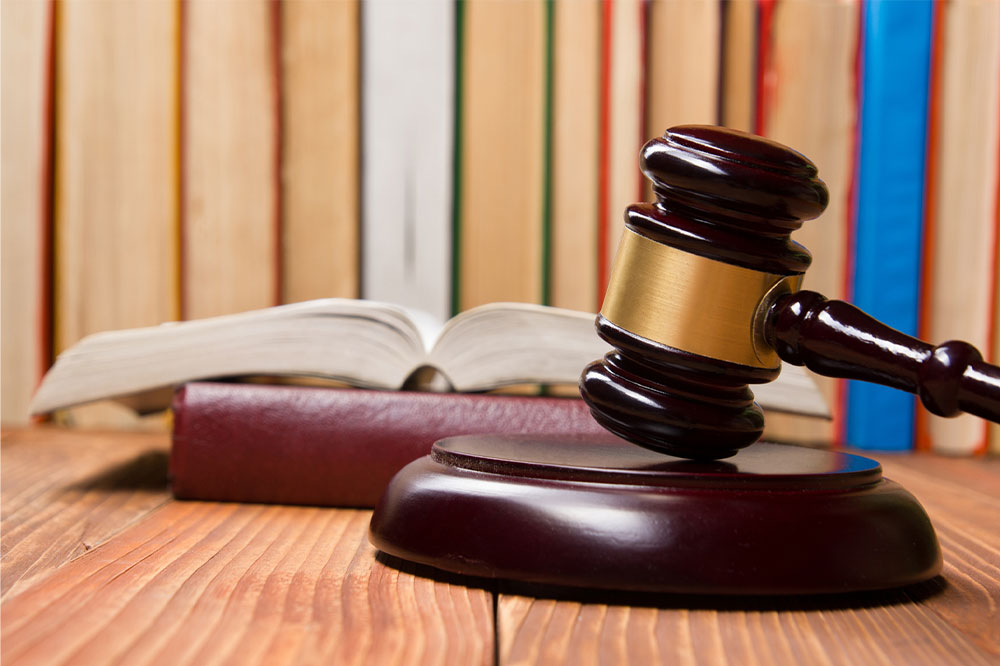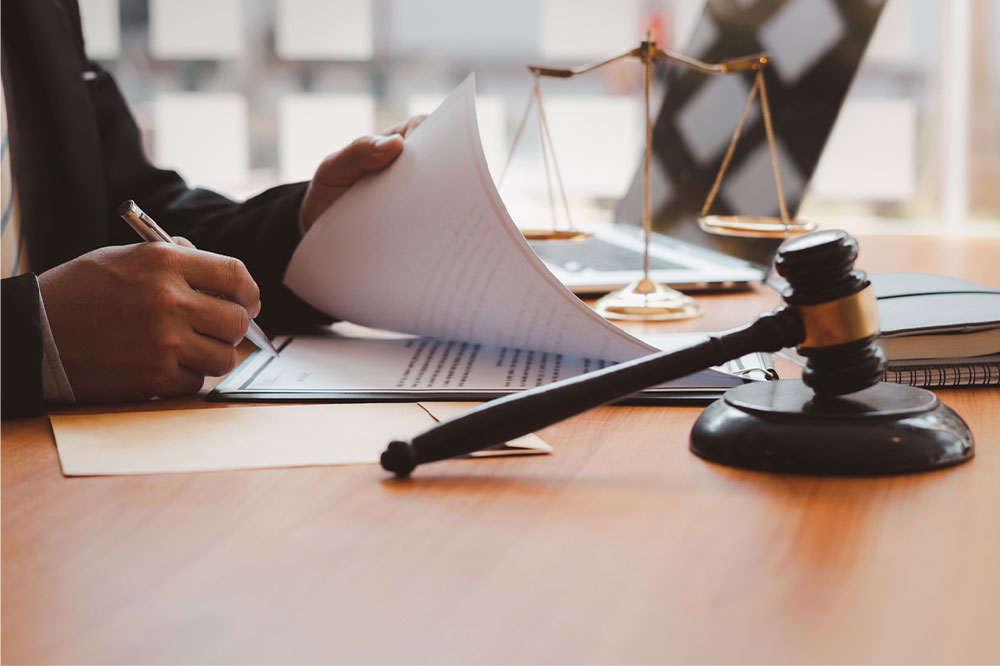Finding the Right Personal Injury Lawyer Made Easy
Learn essential tips for finding and consulting the right personal injury lawyer. This guide covers preparing accident details, understanding injuries, and gathering documentation to ensure effective legal representation after an accident, helping victims secure fair compensation and support during recovery.

How to Connect with an Effective Personal Injury Attorney
Accidents can be distressing, especially when they happen unexpectedly during financially stressful times or personal disputes. Such incidents might lead to serious consequences like medical expenses, recovery periods, and lost wages. While some accidents, like car crashes, are preventable by cautious driving, others happen due to reckless or impaired drivers. Knowing how to select the right legal help is crucial. Key steps include gathering detailed accident information, understanding your injuries, and having all relevant documentation ready before reaching out to a personal injury lawyer.
Before contacting a legal expert, consider these important points:
Document how the accident occurred, including date, time, location, involved parties, and fault details. For head-on crashes or hit-and-run cases, this information is essential.
Identify your injuries clearly. If you're unable to communicate, arrange for a family member or representative to speak on your behalf with proper documentation.
Remember whether you sought hospital care alone or with assistance.
Gather witness statements from locals or bystanders. If the police were notified immediately, ensure you have that report.
Share your insurance details with your lawyer. If you're not the policyholder, have the responsible person ready to speak for you. Confirm if your vehicle, whether a car or motorcycle, is insured or newly purchased, as such info is vital.
Describe your vehicle condition—whether first-hand or second-hand.
Recall any road hazards at the time, like poor signage, potholes, or unmarked gutters.
Check your body for visible injuries or scars, especially on the face and hands.
Plan for temporary work arrangements or medical leave, and ask your lawyer to assist with insurance claims or employer communications.










